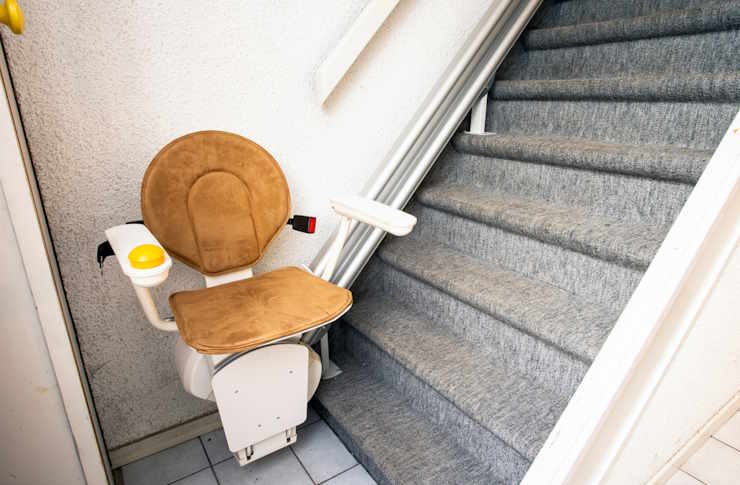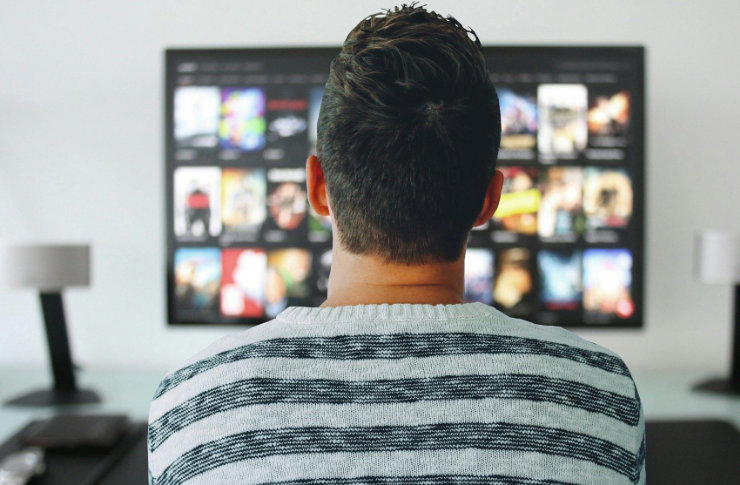Home Stair Lift Prices Explained - Prices and Installation Cost
Understanding the costs associated with home accessibility solutions can help families make informed decisions about improving mobility within their homes. Stair lifts represent a significant investment that varies based on numerous factors including staircase configuration, features, and installation requirements. This comprehensive guide breaks down pricing structures and installation expenses to provide clarity for homeowners considering these essential mobility aids.

Installing a mobility solution in your home involves careful consideration of various cost factors that can significantly impact your budget. From basic straight-track systems to complex curved installations, understanding the financial commitment helps ensure you select the right option for your specific needs and circumstances.
Understanding Stair Lift Prices 2025
Current market pricing for residential mobility systems reflects technological advances and increased competition among manufacturers. Straight stair installations typically range from $3,000 to $5,000, while curved configurations can cost between $10,000 and $15,000. These price variations depend on track length, weight capacity, and additional safety features. Premium models with advanced controls and luxury finishes command higher prices, often reaching $20,000 or more for complex installations.
Platform Lifts for Home Use Options
Vertical platform systems offer alternative solutions for wheelchair users and those requiring broader accessibility support. These installations typically cost between $8,000 and $20,000, depending on travel height and platform size. Indoor models generally cost less than outdoor installations due to weatherproofing requirements. Platform systems require more structural modifications than traditional chair lifts, potentially increasing installation expenses by 20-30%.
Home Accessibility Elevators Considerations
Residential elevator systems provide comprehensive multi-floor access but represent substantial investments. Basic pneumatic models start around $30,000, while hydraulic systems can exceed $50,000 including installation. These solutions require significant structural modifications, electrical work, and ongoing maintenance contracts. However, they often increase property values and provide long-term accessibility benefits that justify the initial expense.
Staircase Accessibility Solutions Comparison
Various accessibility options cater to different mobility needs and budget constraints. Stair lifts offer the most cost-effective solution for most homeowners, while platform lifts serve wheelchair users effectively. Residential elevators provide ultimate convenience but require substantial investment and space modifications. Each solution offers distinct advantages depending on individual circumstances and long-term mobility requirements.
Installation Costs and Professional Services
Professional installation typically adds $500 to $2,000 to the total project cost, depending on complexity and local labor rates. Straight installations usually complete within 2-4 hours, while curved systems may require full-day installations. Additional costs may include electrical work, structural modifications, and permit fees. Some manufacturers include basic installation in their pricing, while others charge separately for these essential services.
| Product Type | Provider | Cost Estimation |
|---|---|---|
| Straight Stair Lift | Acorn Stairlifts | $3,200 - $5,500 |
| Curved Stair Lift | Stannah | $10,000 - $18,000 |
| Platform Lift | Harmar | $8,500 - $15,000 |
| Outdoor Stair Lift | Bruno | $4,000 - $7,500 |
| Residential Elevator | Savaria | $35,000 - $65,000 |
Prices, rates, or cost estimates mentioned in this article are based on the latest available information but may change over time. Independent research is advised before making financial decisions.
Factors Affecting Overall Investment
Several variables influence the total cost of accessibility improvements beyond the basic equipment price. Staircase length directly impacts track requirements and installation complexity. Custom features like folding seats, adjustable armrests, and diagnostic systems add to the base cost. Warranty extensions and maintenance agreements provide long-term value but increase upfront expenses. Local building codes may require additional safety features or professional inspections, affecting final pricing.
Selecting the right accessibility solution requires balancing immediate needs with long-term considerations and budget constraints. Professional consultations help identify the most suitable options while ensuring compliance with safety standards and local regulations. Investing in quality equipment and professional installation provides peace of mind and reliable performance for years to come.




